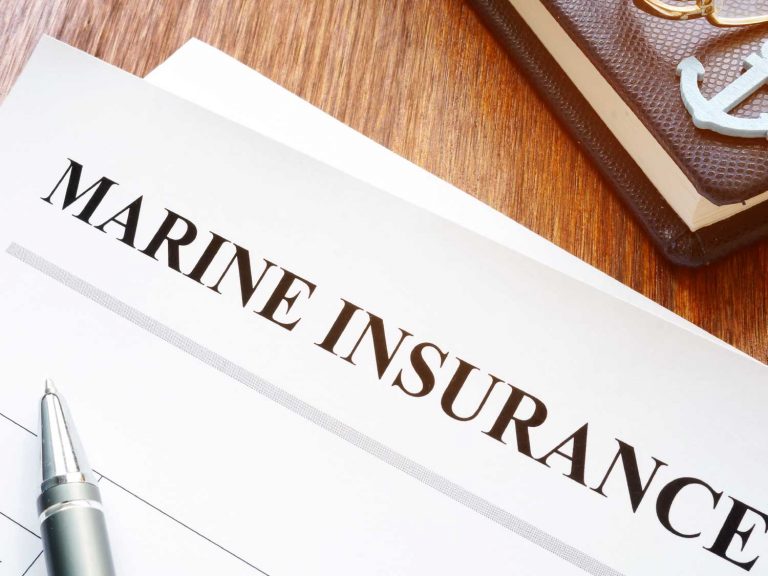
Date:
Red Sea Crisis insurance withdrawals – fact or fiction?
In addition to fast-rising ocean freight rates and extended transit times, as the container shipping lines divert around Africa, shippers have been struggling to understand what (if any) insurance is in place, with insurance companies massively increasing war risk premiums and no longer willing to cover Red Sea voyages.
In this constantly shifting situation it is critical that shippers understand what insurance covers are being referred to in current news report and what this means for their cargo.
As with all markets impacted by the Houthi rebel attacks the insurance market is changing almost daily with rumours and facts being thrown around in equal measure.
Insurance has been impacted like all areas of the supply chain, with costs increasing as the risk increases. This is true of hull insurances (to protect the vessel), as it is with the general war risk cover applied to marine cargo policies.
For those unfamiliar with insurance and when and how they apply, goods in transit insurance covers cargo against loss or damage whilst being transported from one place to another, or being stored during a journey.
If you are shipping goods by sea for example, you would take out marine cargo insurance which can be written on an annual basis, or purchased for individual shipments.
NOTE – Marine insurance is not included within the freight charges and agreements.
For marine cargo insurance to be in place, with cover applicable to your goods, you need to specifically request insurance with a separate premium being payable.
Marine cargo insurance is different to marine hull insurance, with the latter covering the cost of repairs or replacement of the vessel, in the event of any loss and/or damage.
Hull insurance is typically purchased by ship owners, boat owners and charterers to protect against a range of risks associated with owning and operating vessels.
War risk cover, which provides insurance on losses resulting from events such as war, invasions, strikes and terrorism can be included within these policies or be purchased separately from specialist markets.
Insurers across the markets all take individual approaches to what cover they are applying, or withdrawing as the case may be.
Ships and vessel owners are being hit with high insurance premiums with reports that some insurers are refusing to cover vessels against war risk in the key commercial shipping corridor through the Red Sea.
For Lloyds insurers, their Joint War Committee has widened the areas in the Red Sea that are categorised as “high risk”, with war risk insurance premiums for vessels intending to sail through such areas rising from 0.07 to 0.7% – that’s a 900% increase in a month.
With the potential removal of some covers, including war risk cover, this can dictate the need for specific routes on the movement of goods. Whilst it may be reasonable for ship owners to request that routes through the Rea Sea be avoided, on a commercial basis, due to safety concerns. As a shipper you need to make sure that your insurers are comfortable with the changes and that the level of risk and cover you have is still sufficient to protect your cargoes.
Shipping around the coast of Africa also has its own complications, with the return of piracy off the coast of Somalia.
If you do find your insurer or insurance team changing or amending your policy and you need some advice in understanding what options are open to you, please do not hesitate to EMAIL our Chief Finance Officer Laurence Burford who will be happy to assist where possible.
There may be alternative insurance products that could protect your business more effectively in this ever changing world, but their merits need to be reviewed on a case by case basis with varying factors impacting cost and availability.
It is important to note that the surcharges that are raised by shipping lines during a time of war or crisis, despite how they may be worded, do not cover risks for the value of cargo moved on vessels.
These surcharges are designed solely to recoup additional costs incurred by the ship’s owner and/or operator, including higher insurance premiums for potential damage or destruction of a ship, and not for the container contents stowed on-board.
If you have any questions or concerns about the insurance related to the Suez situation, or would like to discuss its wider implications please EMAIL our Chief Finance Officer Laurence Burford.
Should you wish to obtain a quote on a particular insurance product please provide as much information as possible where known including but not limited to cargo type, cargo value, route, vessel details and such.
